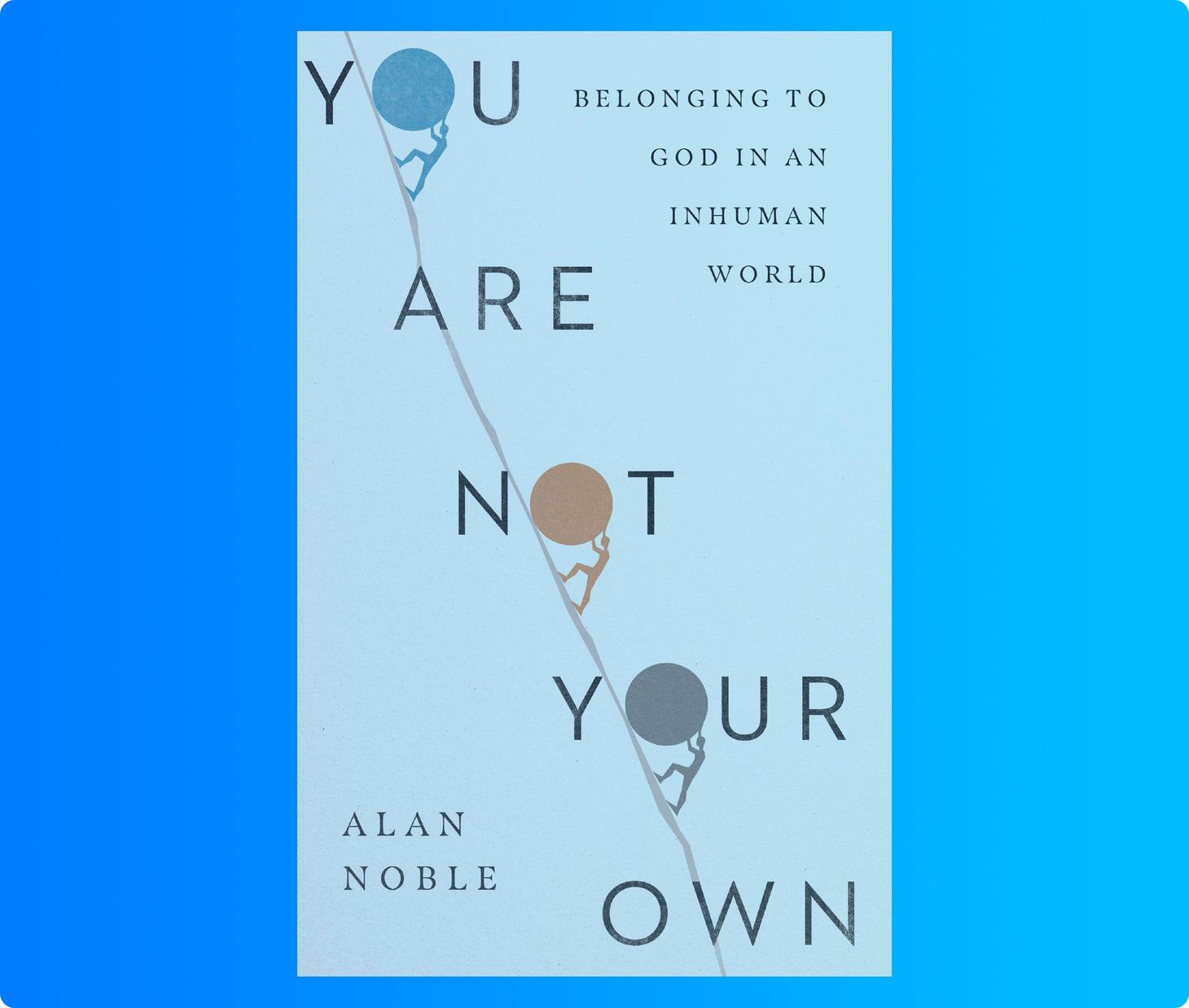You Are Not Your Own

The radio started when I turned on the ignition. NPR had been playing from when my wife drove the car before me. A guy was shrilly complaining about filling out paperwork for getting a vasectomy and being told that his wife also had to sign. He was livid and kept yelling, “this is my fertility!” The interviewer was gamely playing along, perhaps even as convinced as vasectomy man that his autonomy had indeed been violated. The man being interviewed went on to state that he had an epiphany come from this experience. “This is what women have to go through every day!” he forcefully exclaimed to the interviewer, as if a bolt of lightning had struck him from out of the blue.
The man on NPR was seemingly oblivious to the nature of marriage as a social contract between two individuals. It’s not a stretch to say that choices of reproduction are some of the most central decisions within this contract. To enter into a covenant relationship, in which two people very often decide to have children, and to exclude your spouse from that decision without their knowledge is a breach of that covenant. The man was perfectly comfortable being dishonest with his spouse (and seemingly, the interviewer was sympathetic to this stance), as long as everything was within his control. He didn’t understand that the partnership of marriage means ceding some control to the relationship, through communication and mutual agreement.
In Alan Noble's new book, You Are Not Your Own, he takes on the problems caused by worshipping autonomy.
From this inauspicious start until today, “humanity’s fundamental rebellion against God has been a rebellion of autonomy,” writes Alan Noble in his latest book, You Are Not Your Own: Belonging to God in an Inhuman World. As the subtitle suggests, Noble’s premise is that modern society is fundamentally inhuman and that this inhumanity stems from the lie that we belong to ourselves. Like Adam and Eve, we believe that accepting our creaturely limits will likewise limit our happiness, so we reject God’s authority and end up experiencing what they did: distance from God, each other, and even ourselves.
→ The Inhuman Consequences of Satan’s Oldest Lie
I'm eager to dive into Noble's book, as I firmly believe the desire for autonomy that conquers natural law and community is a destructive force in contemporary society. When we speculate about the reasons for worsening divisions between people and mental health problems reaching a new high, we have cause to look at trying to decouple ourselves from anything that might anchor us. We can't pull up our own roots because we feel like they are tethering us to the ground and expect to thrive.
Treasure Hoard
Join the Treasure Hoard newsletter to get digest emails in your inbox.


